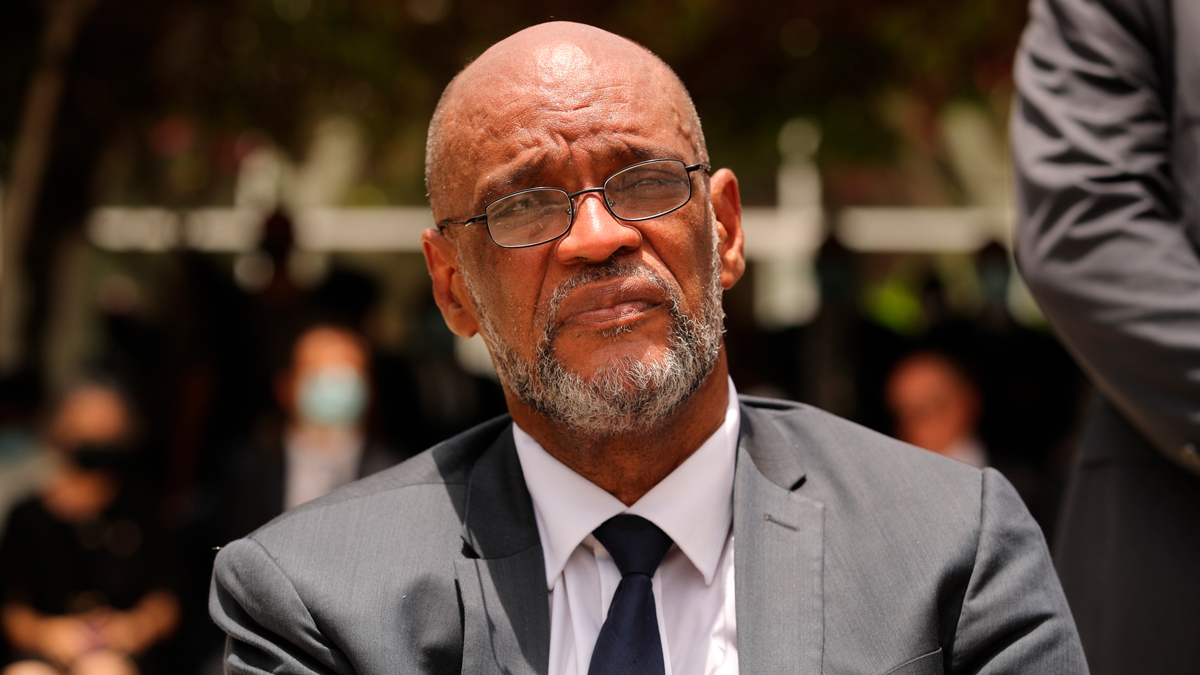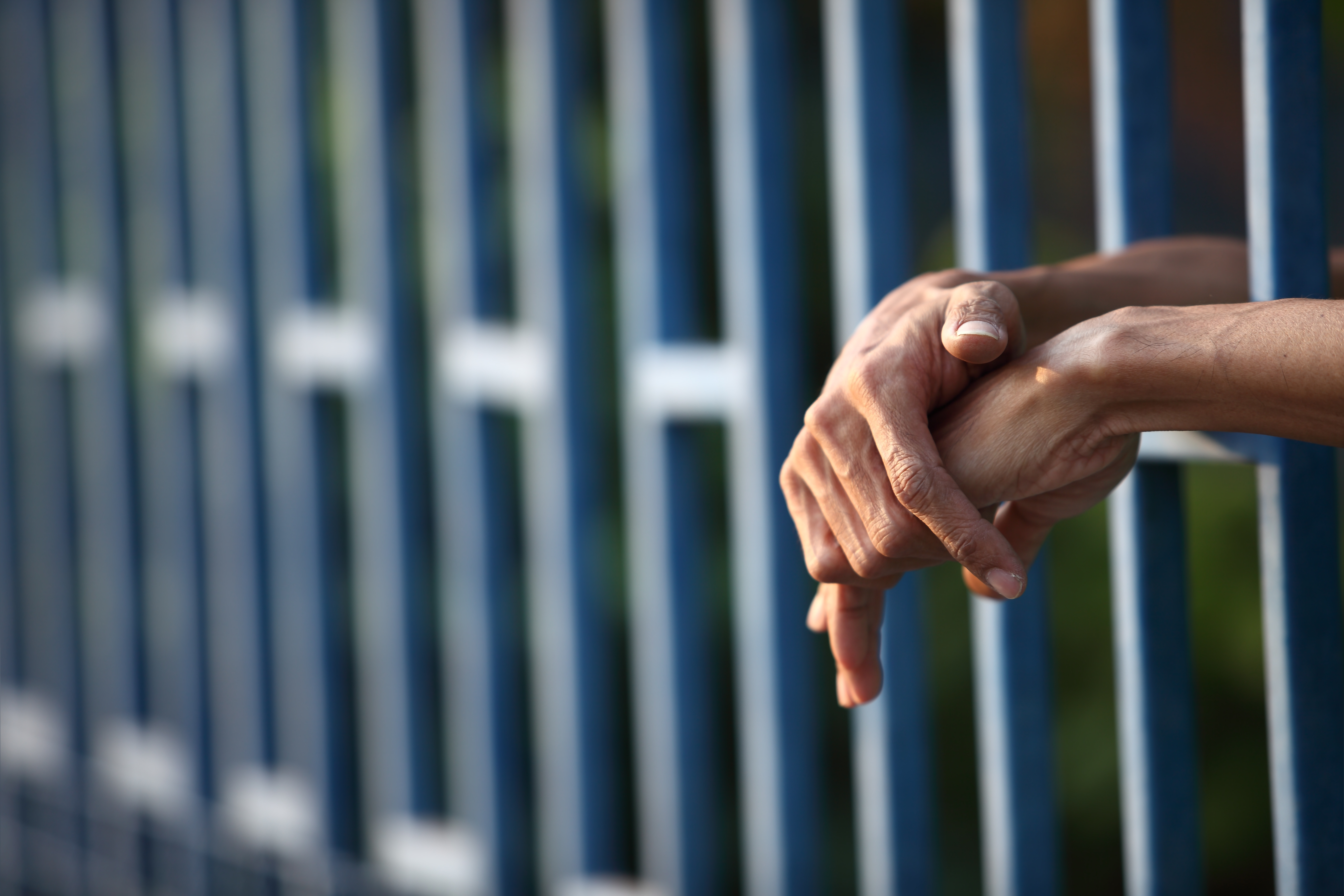As the defense team tries to paint a picture of the emotional, behavioral, and intellectual hardships the Parkland school shooter had endured since before he was born, three defense witnesses testified it didn’t begin and end with Nikolas Cruz.
Tiffany Forrest had Cruz and his brother Zachary as clients in 2013 while working at Henderson Behavioral Health.
She visited the Cruz home several times to assess the family dynamic and found that there was quite a bit of “dysfunction.”
“[It was] chaotic at times,” Forrest testified Friday.
Get South Florida local news, weather forecasts and entertainment stories to your inbox. Sign up for NBC South Florida newsletters.
Zachary would frequently pick on his older, but smaller, brother. Zachary had a juvenile arrest record for theft, and he bullied Nikolas into shoplifting too, Forrest said.
Forrest said she saw a lot of damage inside their large Parkland home including drawings and holes in the walls, a broken television and door, and furniture upholstery slashed with scissors. The damage extended outside the home to a van with a broken window.
She also noted that both boys abused their adoptive mother Lynda Cruz with profanity and disrespectful language.
Local
“I do recall her walking around with her purse all the time because the boys would take things from her,” she said.
Lynda wanted Nikolas diagnosed with Asperger’s Syndrome — a developmental disorder affecting the ability to communicate and socialize — so she could get financial assistance for the counseling she could not otherwise afford, Forrest said.
“[He acted] more like an 8-year-old,” Forrest said, even though he was 14.
“At times, [Nikolas] was just babbling,” she added. “Sometimes, you didn’t really understand what he was saying.”
Retired Broward Sheriff Detective Jeffrey Smith talked about visits to the Cruz home in 2011 because Nikolas was threatening his adoptive mother with a baseball bat after smashing the walls and furniture.
Liliana Pardo-Posse was a social worker with the Broward County school district between 2000 and 2017. She testified via a remote video link about the lengths to which staff tried to get psycho-social help for Nikolas Cruz.
He stopped taking medication for Attention Deficit Hyperactivity Disorder at one point, but his prescription was renewed by another doctor, according to testimony.
Cruz pleaded guilty to 17 murders and 17 attempted murders at Marjory Stoneman Douglas High School on Feb. 14, 2018.
The defense team has called 23 witnesses over nine days trying to show Cruz is deserving of a life prison term because of his mental and emotional instability throughout his childhood.
The state is seeking the death penalty.



